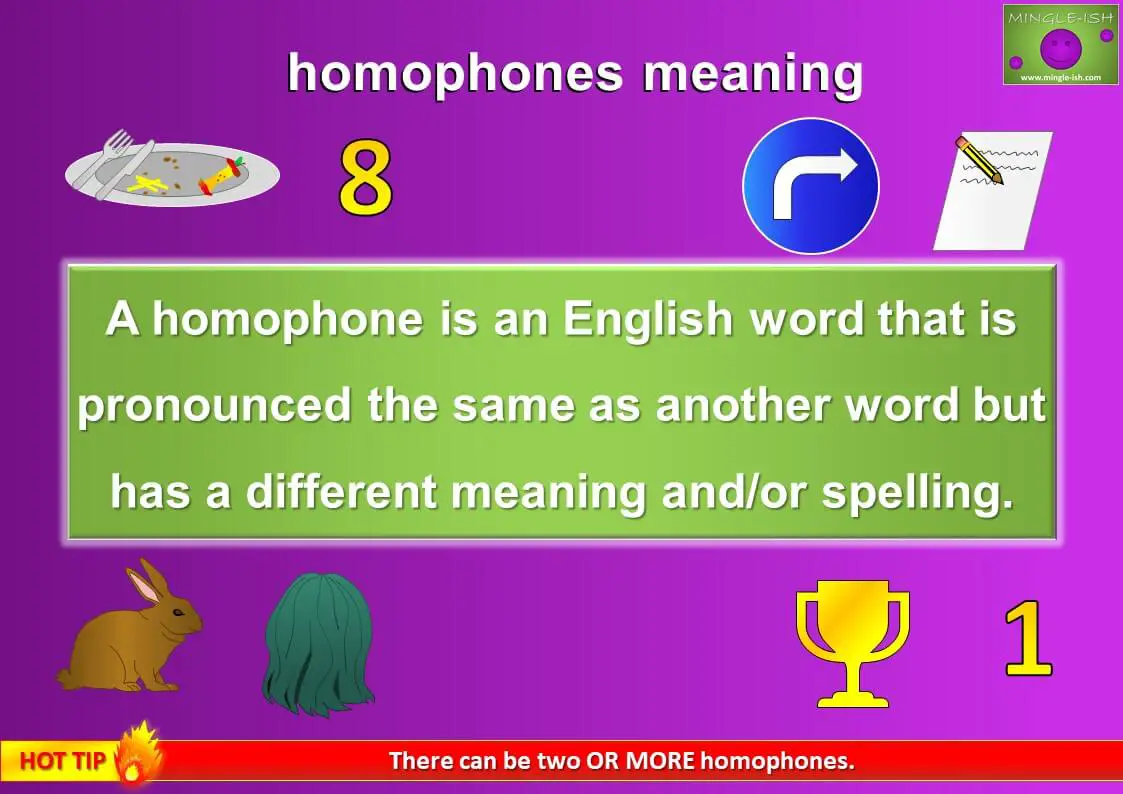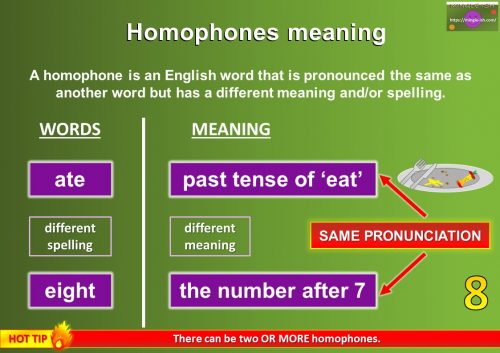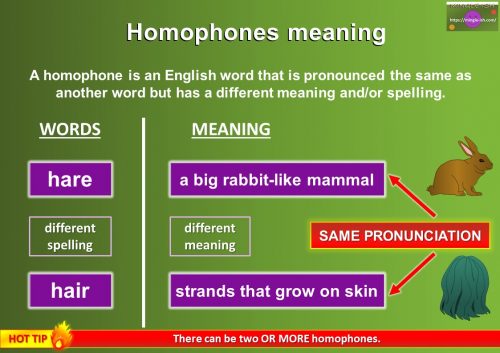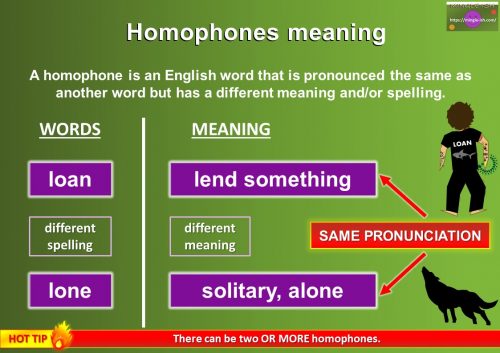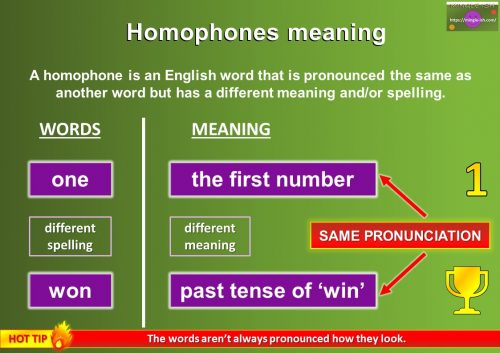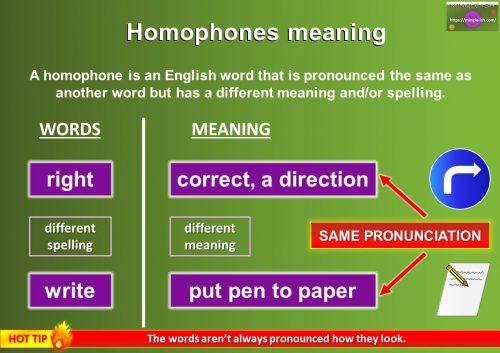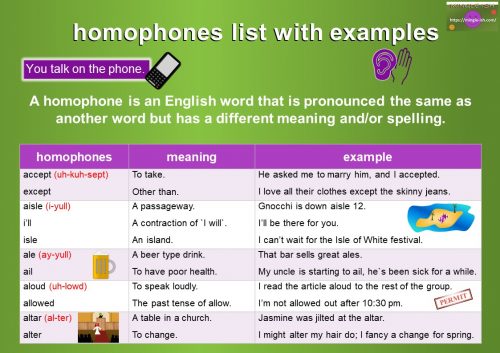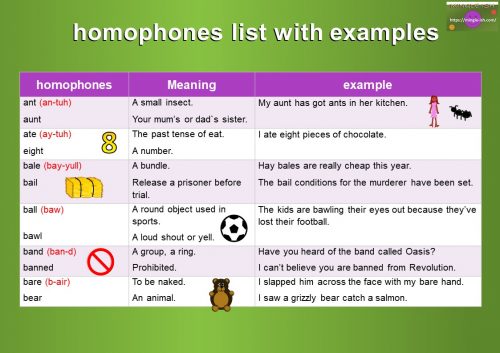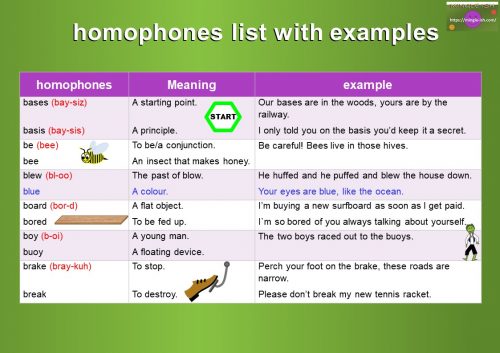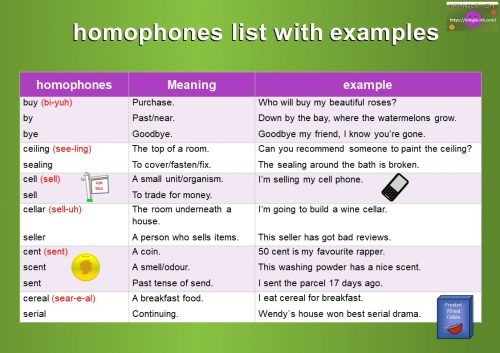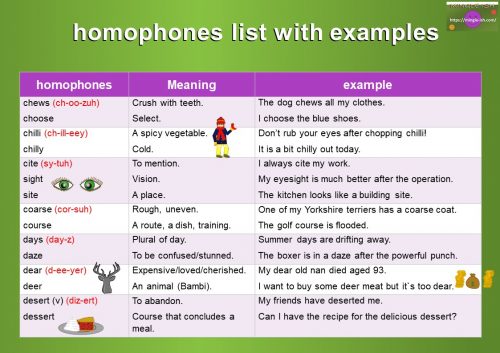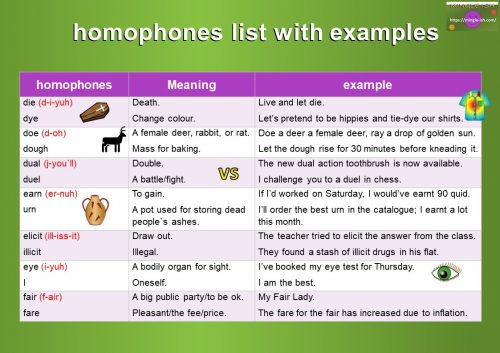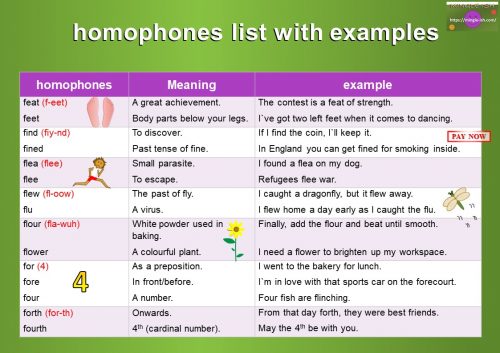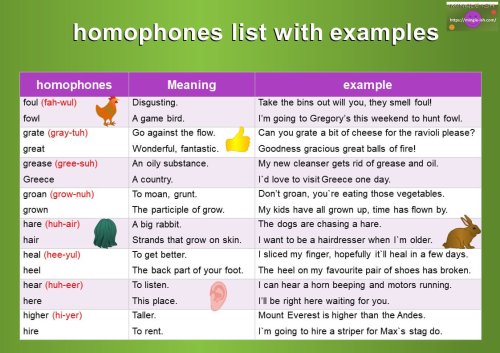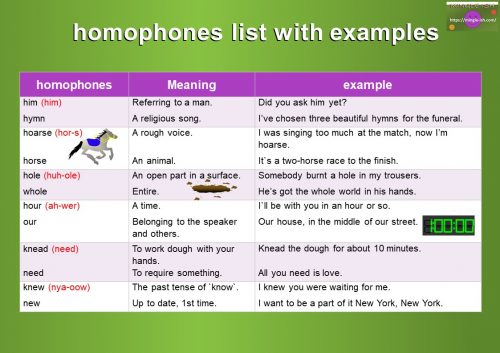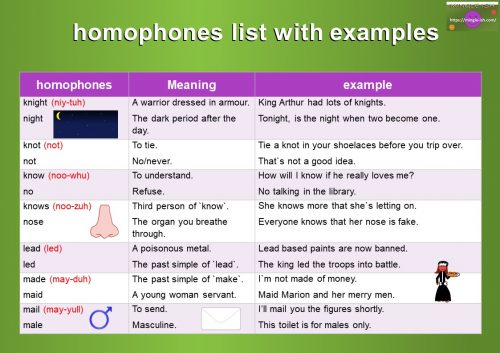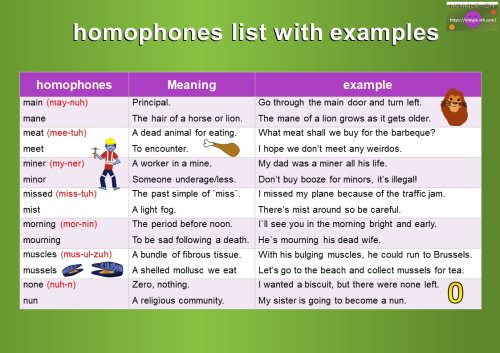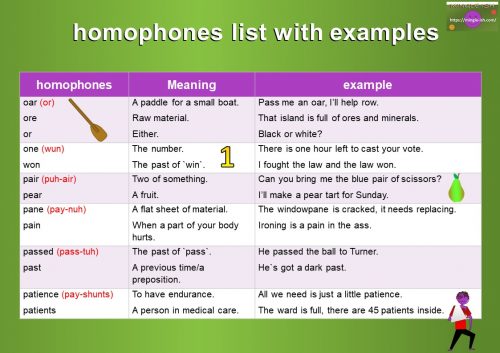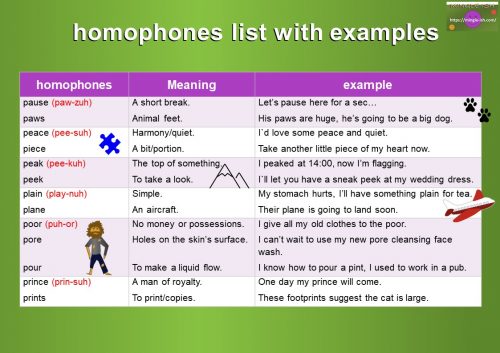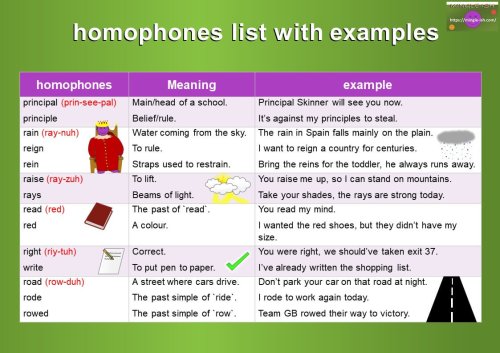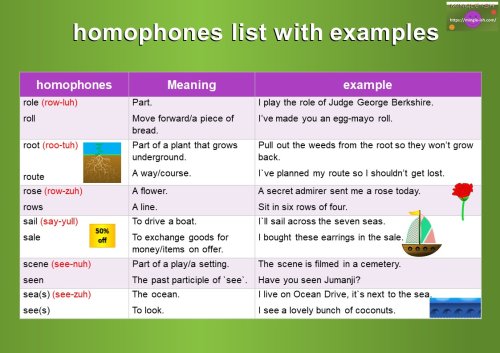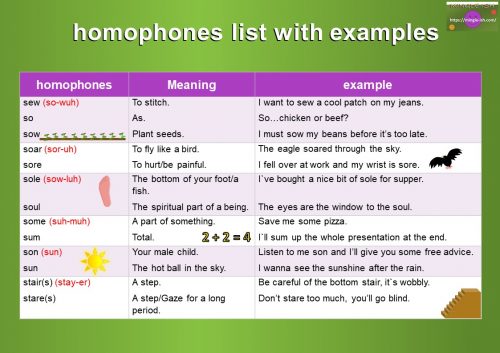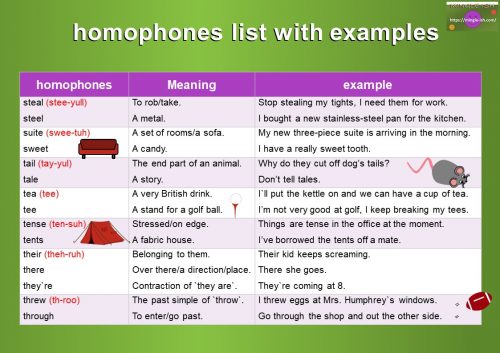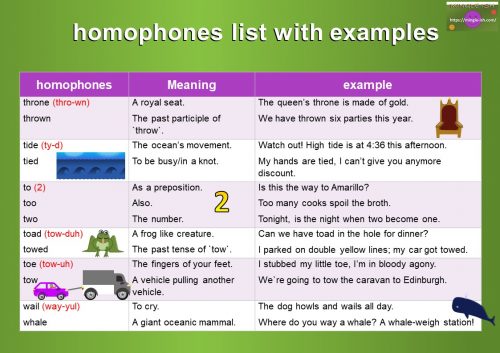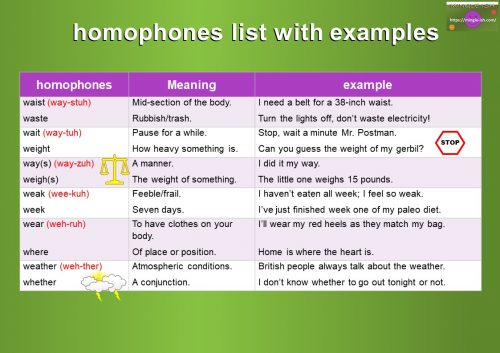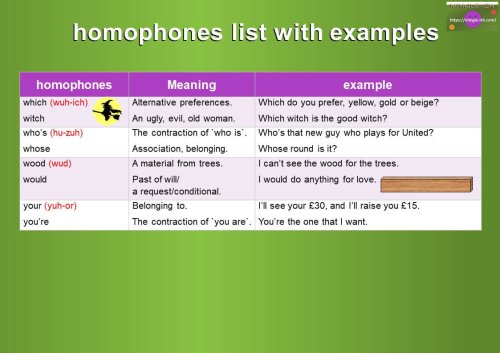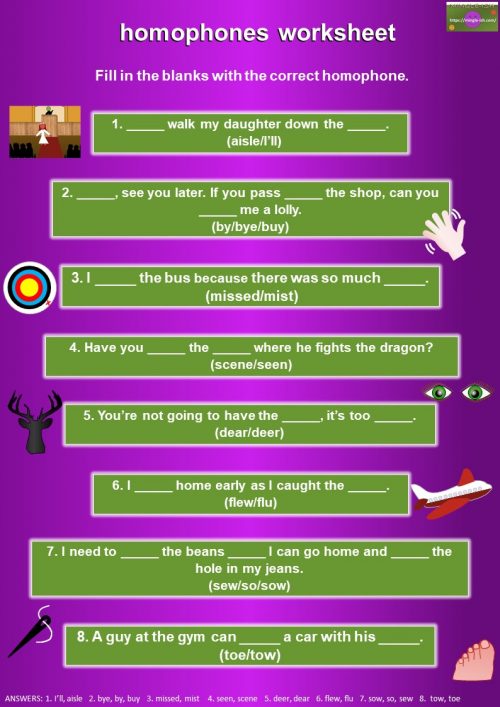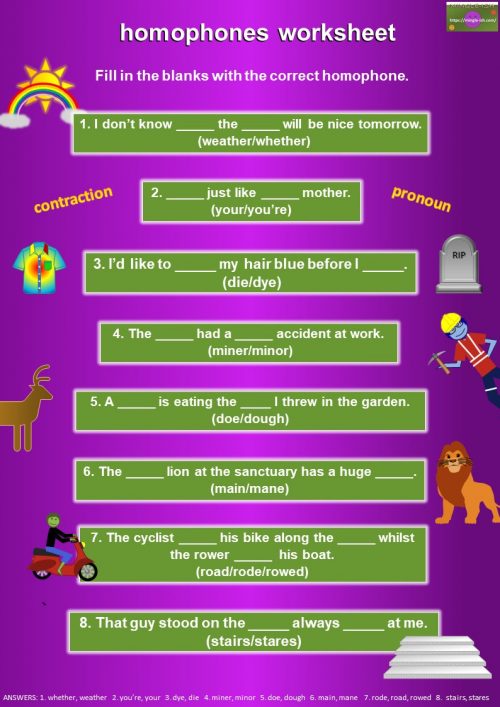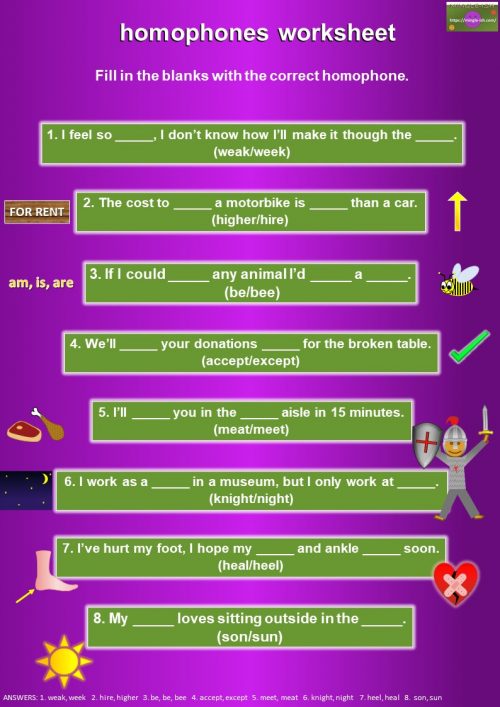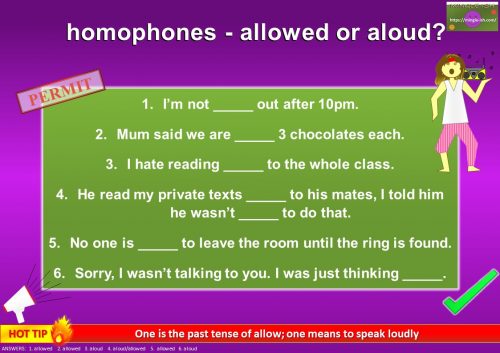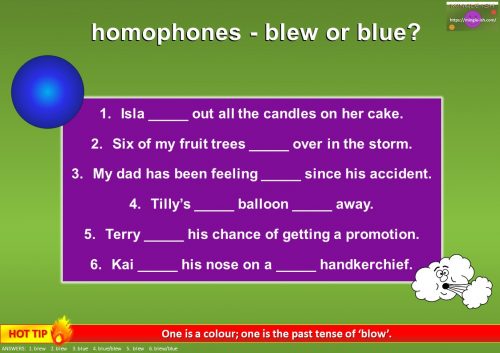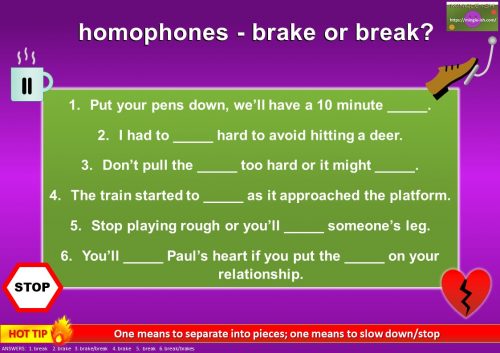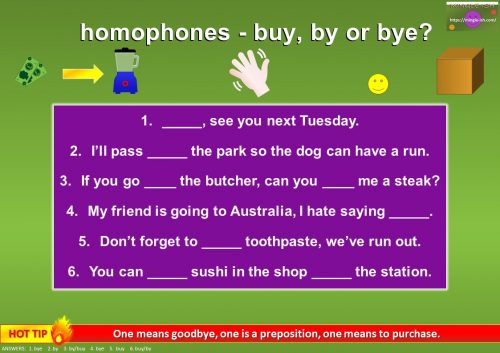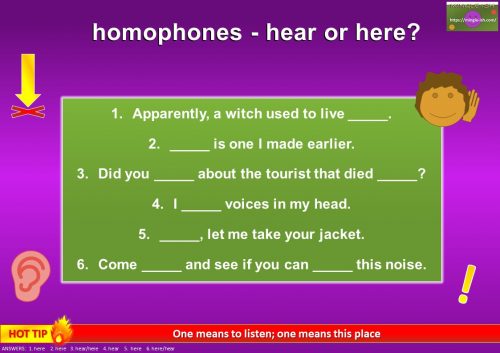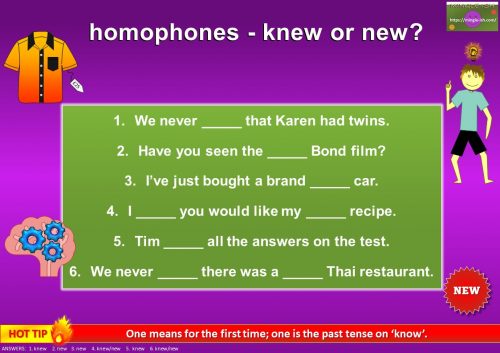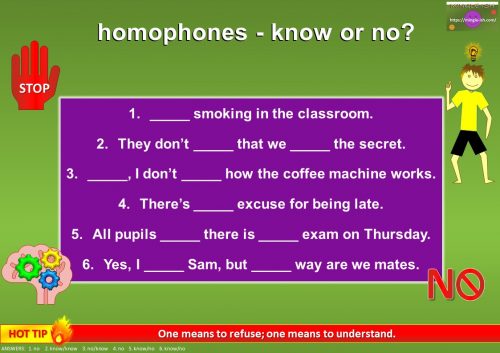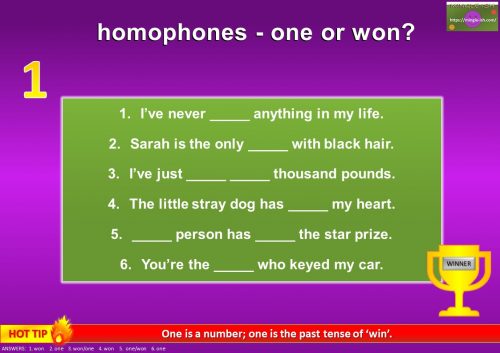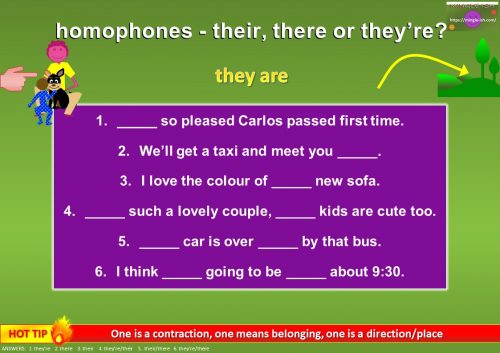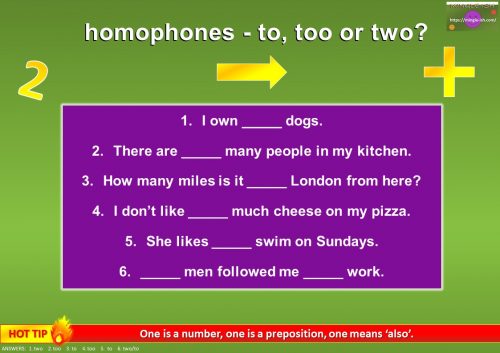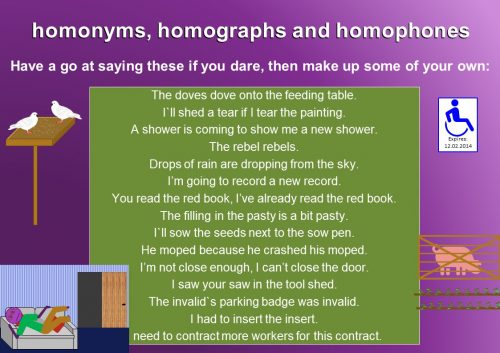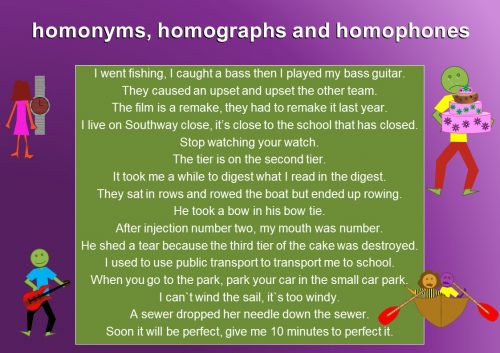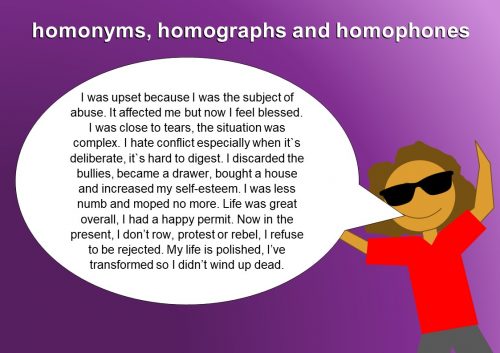Contents
- homophones meaning
- homophones examples
- homophones list with examples
- accept, except
- aisle, I’ll, isle
- ale, ail
- aloud, allowed
- altar, alter
- ant, aunt
- ate, eight
- bail, bale
- ball, bawl
- band, banned
- bare, bear
- bases, basis
- be, bee
- blew, blue
- board, bored
- boy, buoy
- brake, break
- buy, by, bye
- ceiling, sealing
- cell, sell
- cellar, seller
- cent, scent, sent
- cereal, serial
- chews, choose
- chilli, chilly
- cite, sight, site
- coarse, course
- days, daze
- dear, deer
- desert, dessert
- die, dye
- doe, dough
- dual, duel
- earn, urn
- elicit, illicit
- eye, I
- fair, fare
- feat, feet
- find, fined
- flea, flee
- flew, flu
- flour, flower
- for, fore, four
- forth, fourth
- foul, fowl
- grate, great
- grease, Greece
- groan, grown
- hare, hair
- heal, heel
- hear, here
- higher, hire
- him, hymn
- hoarse, horse
- hole, whole
- hour, our
- knead, need
- knew, new
- knight, night
- knot, not
- know, no
- knows, nose
- lead, led
- made, maid
- mail, male
- main, mane
- meat, meet
- miner, minor
- missed, mist
- morning, mourning
- muscles, mussels
- none, nun
- oar, ore, or
- one, won
- pair, pear
- pane, pain
- passed, past
- patience, patients
- pause, paws
- peace, piece
- peak, peek
- plain, plane
- poor, pore, pour
- prince, prints
- principal, principle
- rain, reign, rein
- raise, rays
- read, red
- right, write
- road, rode, rowed
- role, roll
- root, route
- rose, rows
- sail, sale
- scene, seen
- sea(s), see(s)
- sew, so, sow
- soar, sore
- sole, soul
- some, sum
- son, sun
- stair(s), stare(s)
- steal, steel
- suite, sweet
- tail, tale
- tea, tee
- tense, tents
- their, there, they’re
- threw, through
- throne, thrown
- tide, tied
- to, too, two
- toad, towed
- toe, tow
- wail, whale
- waist, waste
- wait, weight
- way(s), weigh(s)
- weak, week
- wear, where
- weather, whether
- which, witch
- who’s, whose
- wood, would
- your, you’re
- homophones worksheets
- homophones activity
